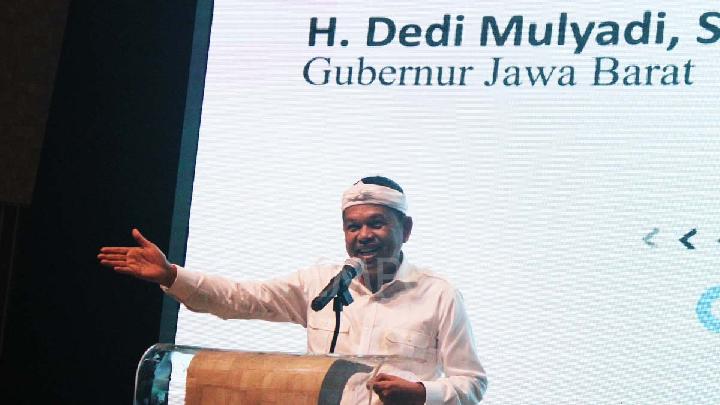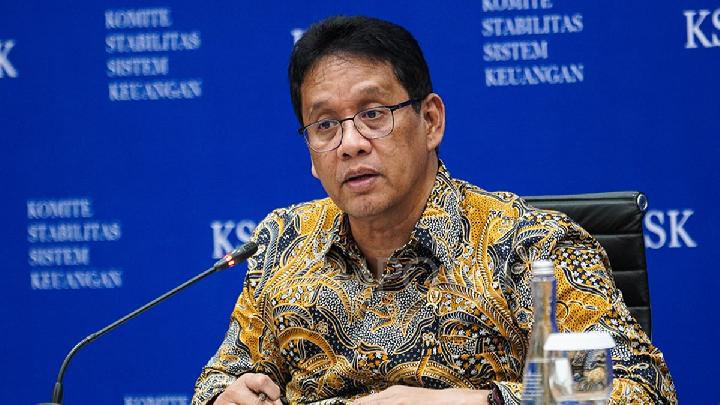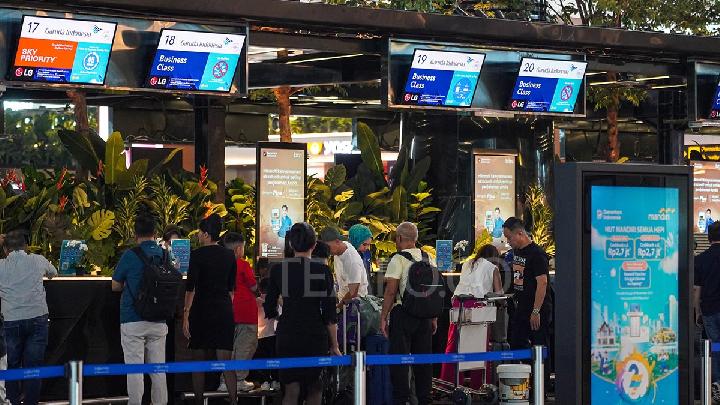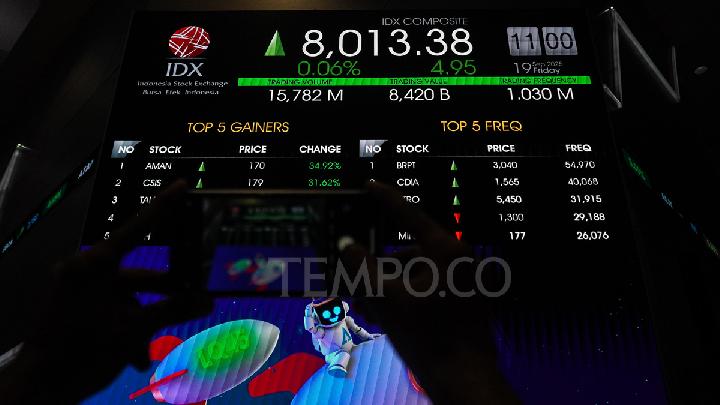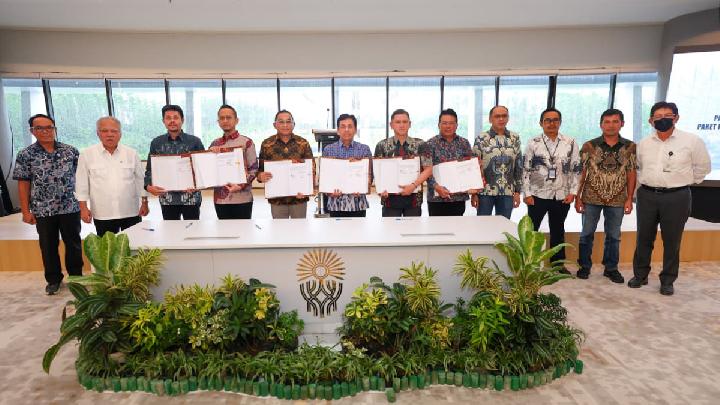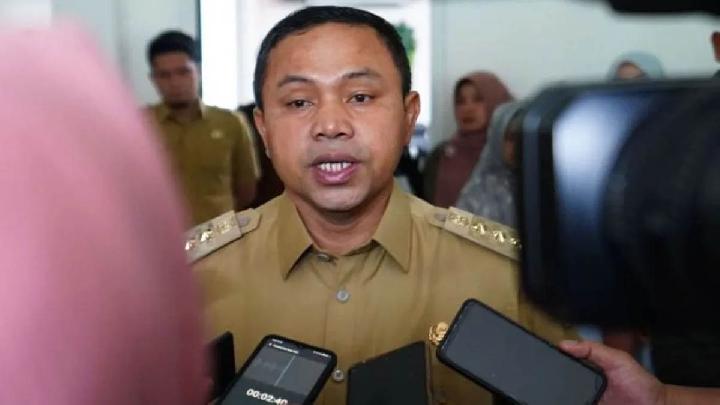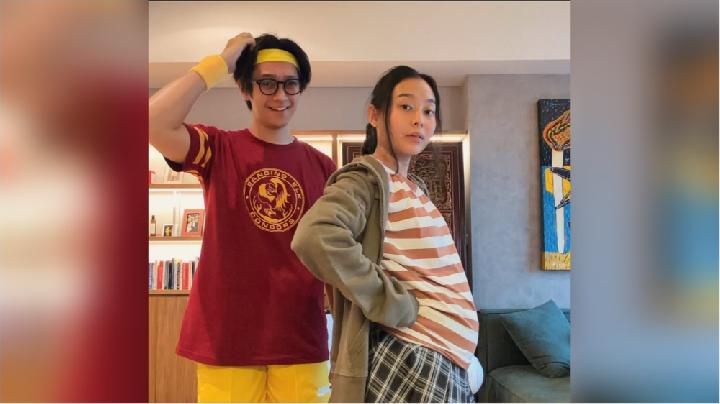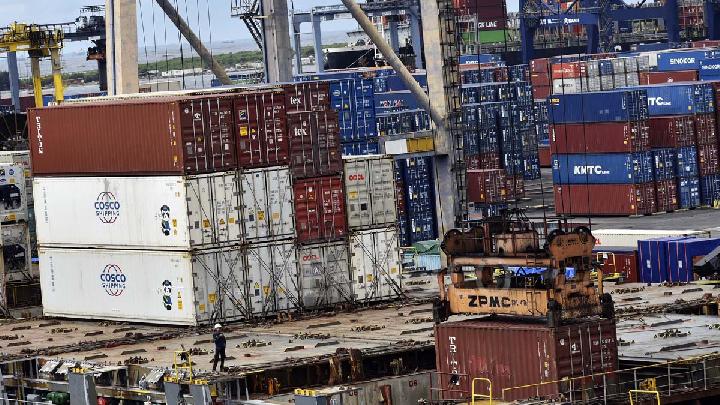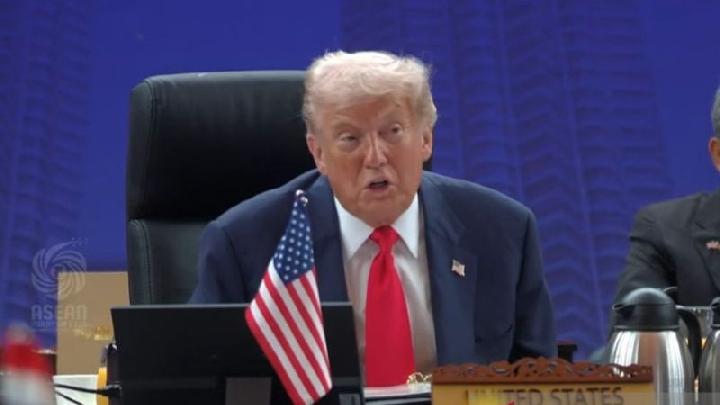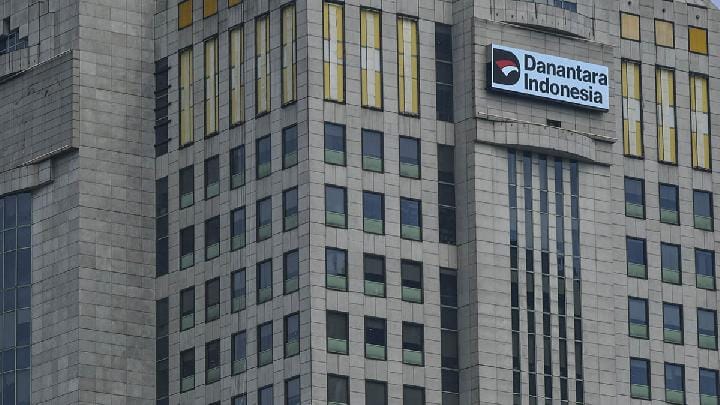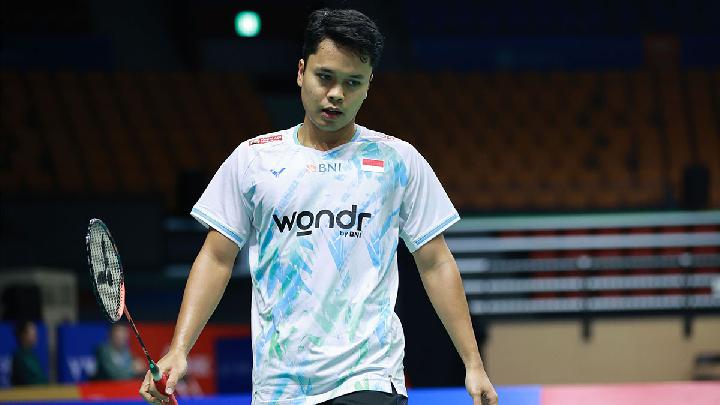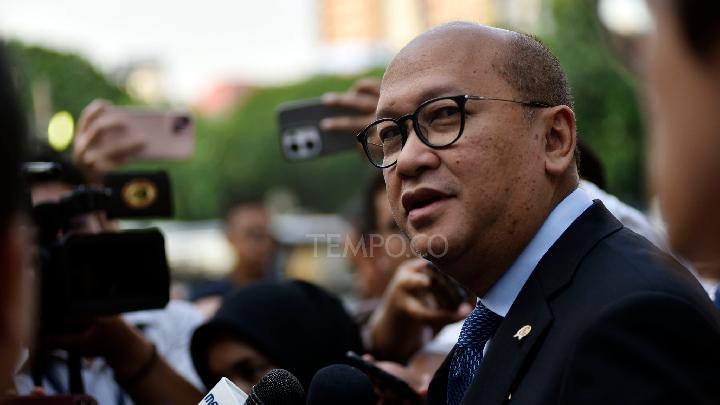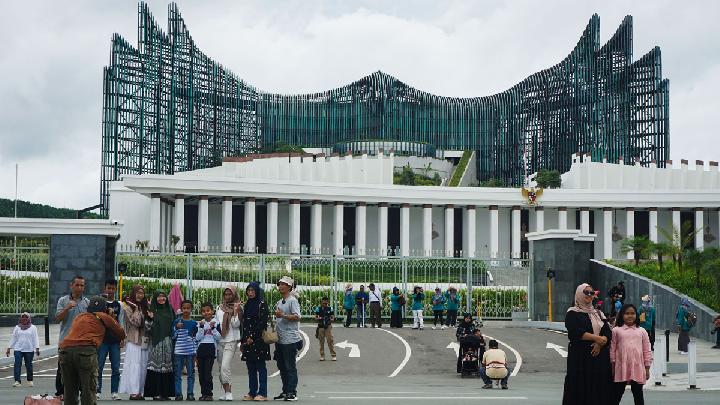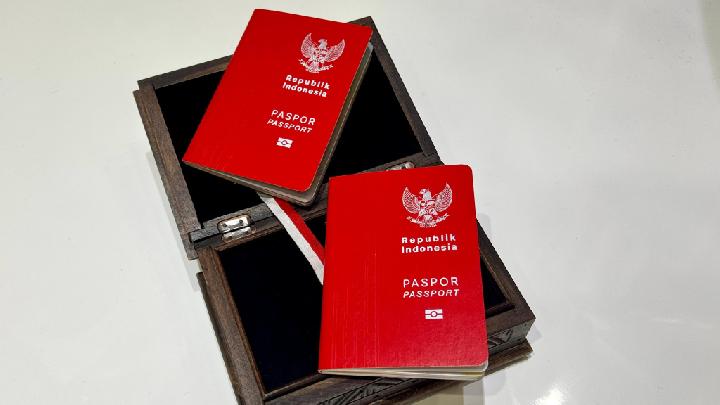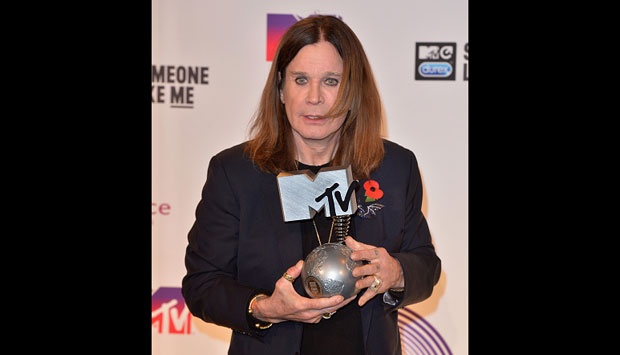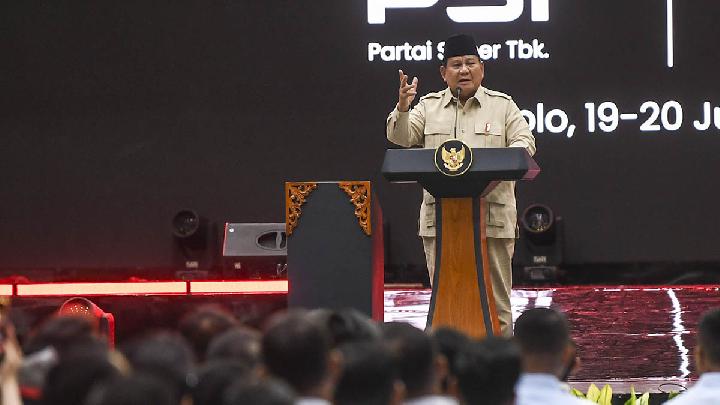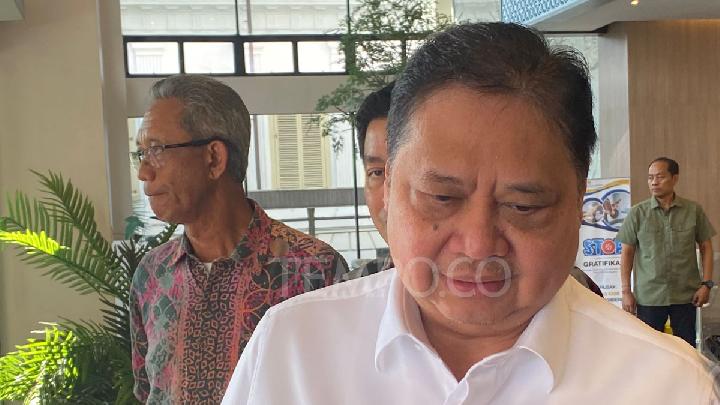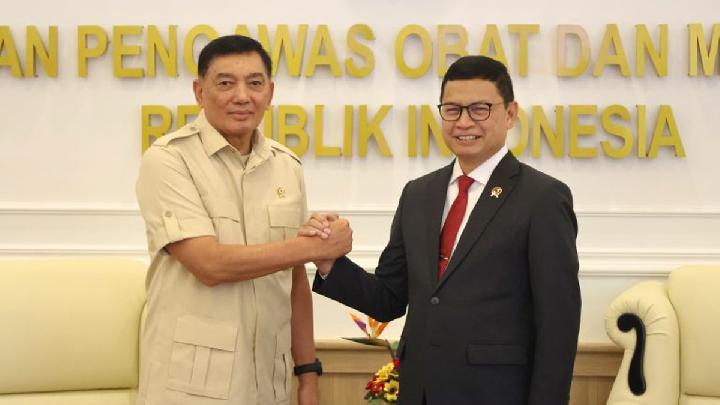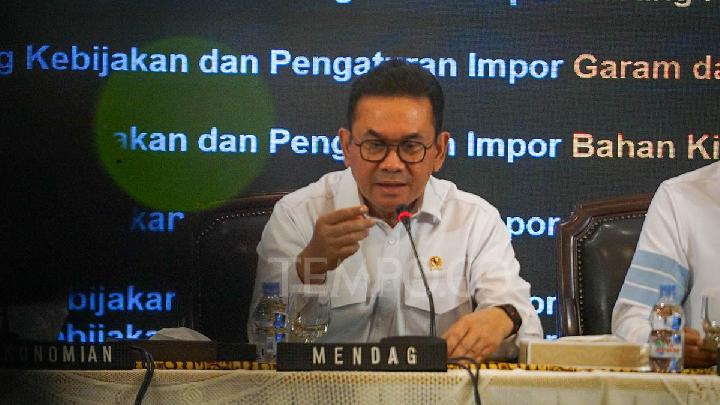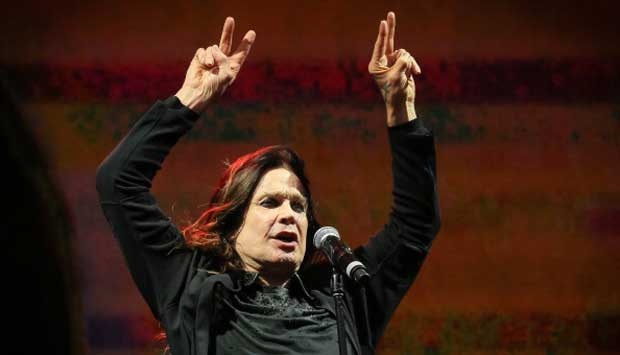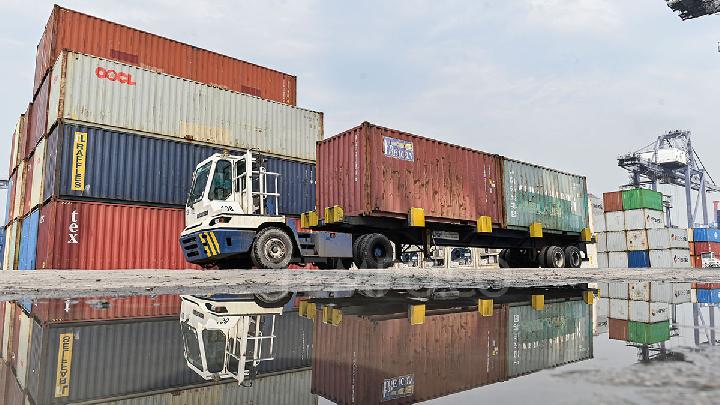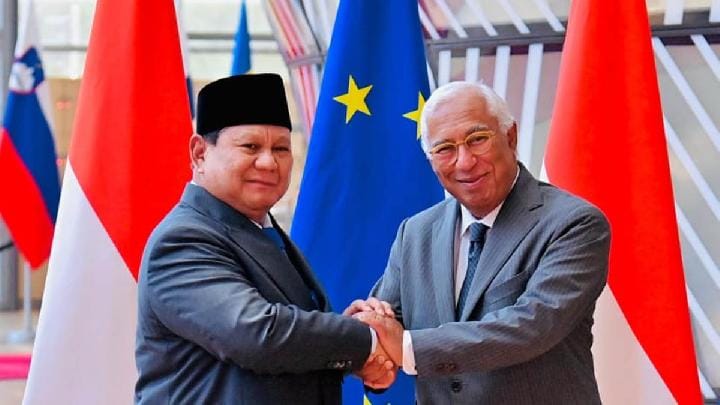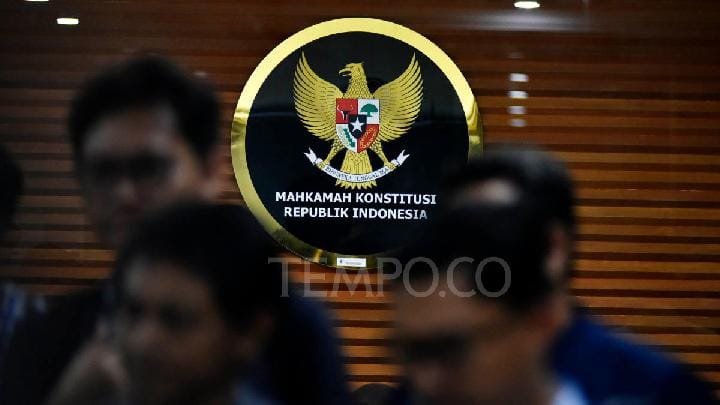
TEMPO.CO, Jakarta - The DPR plans to revise the Constitutional Court Law. It is a way to steer constitutional judges after the ruling to separate elections.
THE House of Representatives (DPR) is very responsive when it comes to matters concerning the interests of political parties. This swift action was most recently seen after the constitutional judges ruled that the central and regional elections must be held separately. This separation disadvantages major parties because they will lose votes in the regions due to the concentration for gathering votes that are divided.
The court granted the judicial review of three articles in the General Election Law and one article in the Gubernatorial, Regency, and Mayoral Elections Law on June 26, 2025. The ruling separates national elections, which include the presidential election and the election of members of the House of Representatives and the Regional Representative Council (DPD), from regional elections, namely the election of members of the Regional Legislative Council (DPRD) and the election of regional heads. After the constitutional justices read this ruling, the DPR revived its plan to revise the Constitutional Court Law.
The DPR claims that this planned revision has nothing to do with the court ruling. But given the precedent when the Constitutional Court ruled that the Job Creation Law benefited oligarchs, this denial is easily refuted. After the constitutional judges ruled in 2021 that the Job Creation Law was “conditionally unconstitutional,” the parties in the DPR proposed changes to four articles in the Constitutional Court Law concerning the position of constitutional justices.
As a result of the change to one article, after their five-year term of office ends, constitutional judges have to be returned to the organization that proposed them, the DPR, the president, or the Supreme Court. In other words, the proposing institution can reject constitutional judges who do not accommodate their interests and replace them with judges who accommodate the wishes of the proposing institution.
The Constitutional Court ruling on the elections separation will have an impact on parties’ share of the vote. Parties that are not solid will lose votes for seats in the DPR because prospective legislators in the regions will focus on garnering votes in their own interests. This means that the costs for prospective legislators in the center will be far higher.
The separation of central and regional elections also implies that direct elections for regional heads will continue. It puts an end to President Prabowo Subianto and his supporting parties’ desire for regional heads to be directly appointed by the DPRD, which will, he claims, ensure development programs are aligned. With DPRDs not yet formed at the time of the election, voters in the regions had to elect regional legislators and regional head candidates simultaneously.
This Constitutional Court ruling could encourage the parties to consolidate. And the sovereignty of the people will be strengthened. Voters could punish parties who abuse their authority by not voting for the same party at the regional election. This will mean that coalitions of parties at the national level and in the regions will no longer be based simply on political pragmatism but on parties putting forward competing programs to win votes.
But the parties have completely contrary interpretations. Simply because of political interests in the coalition and the desire to garner votes cheaply, they are opposing the Constitutional Court ruling, claiming that it violates the Constitution. They have forgotten that the parties supported the Constitutional Court when it found a way round the Constitution by changing the age requirements for vice-presidential candidates, which allowed Gibran Rakabuming Raka to run alongside Prabowo.
Opposing a Constitutional Court ruling by trying to control constitutional justices shows that the parties are no longer functioning ideologically. They are objecting to improvements aimed at making Indonesian democracy stronger and healthier.
Trump Posts AI-Generated Video Depicting Obama's Arrest
12 jam lalu
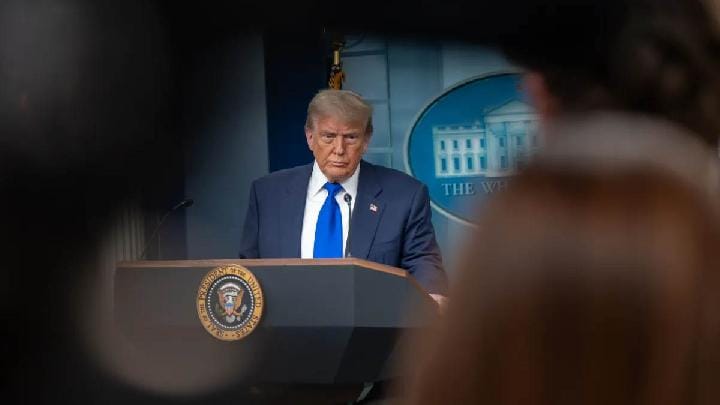
President Donald Trump sparks controversy by uploading a deepfake video of Obama's arrest.
Japanese PM Intends to Stay in Office Despite Predicted Election Defeat
1 hari lalu
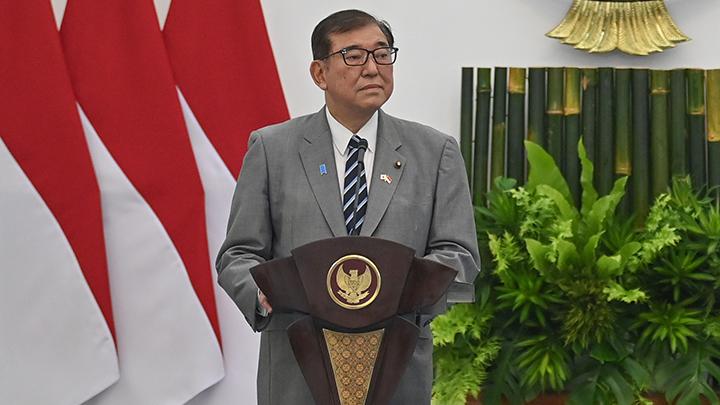
Japanese Prime Minister Shigeru Ishiba expresses his intention to stay in power despite his party's predicted loss in the Upper House election
UK to Lower Voting Age to 16 in England and Northern Ireland
4 hari lalu

The UK will lower the voting age to 16 in England and Northern Ireland, aligning rules across the country ahead of the next general election.
Indonesian Govt Still Reviewing Top Court's Ruling on Election Separation, Minister Says
5 hari lalu
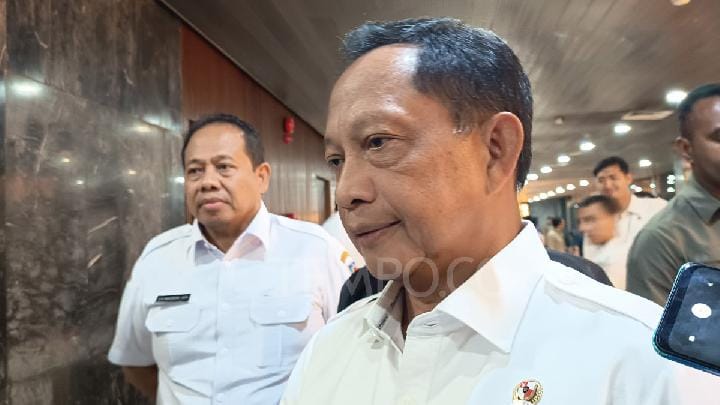
Minister of Home Affairs Tito Karnavian is convinced that there is still enough time to be cautious in responding to the Constitutional Court's decision on the separation of national and local elections.
Japan Forms New Agency to Oversee Foreign Residents Amid Public Concerns
6 hari lalu
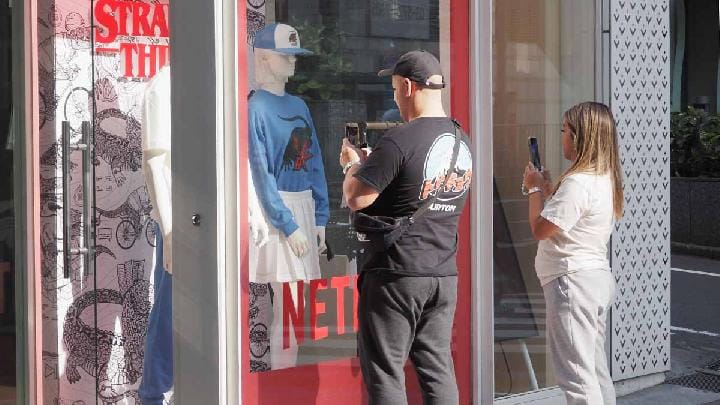
The number of foreign residents reached a record high of about 3.8 million last year, though this still represents only 3% of Japan's total population
Sri Mulyani: War, Elections Pose Risks, But Indonesia's Economy Is Recovering
6 hari lalu
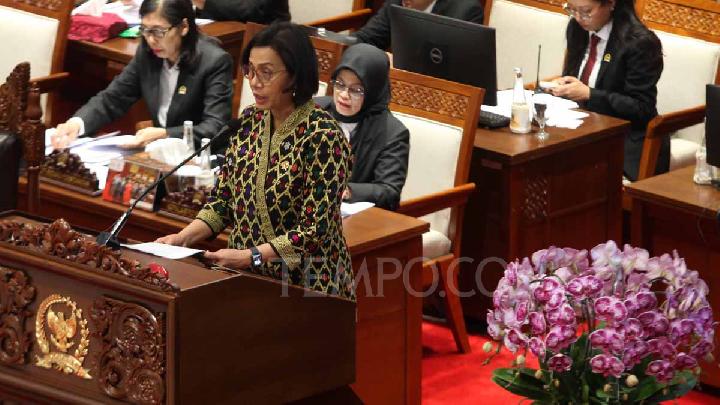
Sri Mulyani Indrawati stated that throughout 2024, geopolitical tensions and general elections in 70 countries had triggered significant uncertainty.
Elon Musk Announces "America Party": What It Takes to Form a Political Party in the U.S.
12 hari lalu

Elon Musk establishes a new political party called the America Party in the United States. The creation of a political party in the US requires registration with the FEC if it exceeds a certain funding limit, along with other conditions.
Former Prabowo-Gibran Campaign Aide Proposed as Ambassador to Malaysia
15 hari lalu
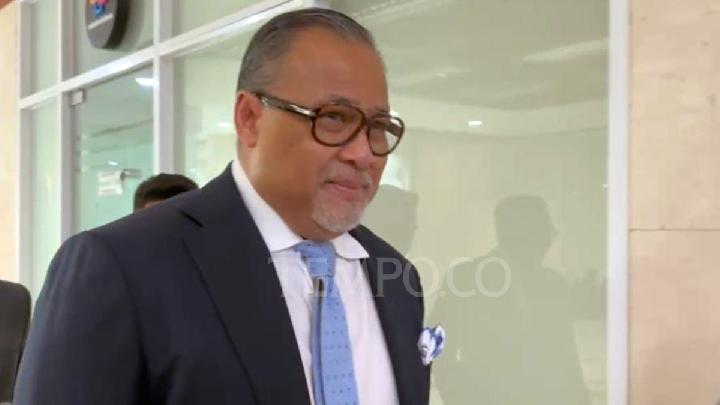
Iman Kusumo previously served as Deputy Treasurer for the Prabowo-Gibran 2024 campaign team.
Tens of Thousands in Serbia Join Anti-Vuvic Rally, Demanding Early Elections
22 hari lalu

Thousands of protesters gathered in Belgrade, Serbia, to demand early parliamentary elections.
Constitutional Court Mandates Separate General and Regional Elections Beginning 2029
25 hari lalu

The Constitutional Court has ruled that the organization of national-level general elections must be conducted separately from regional elections.



